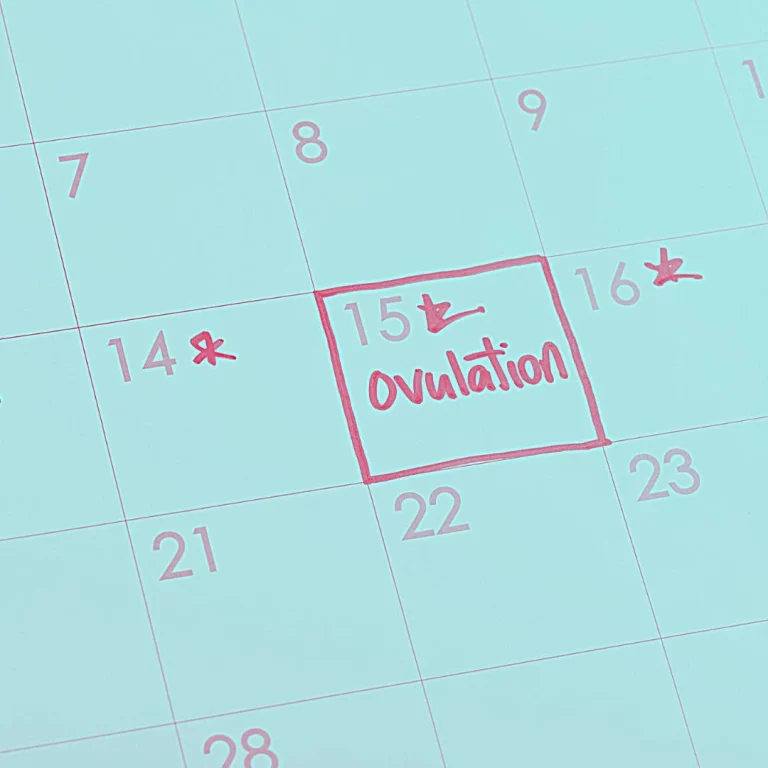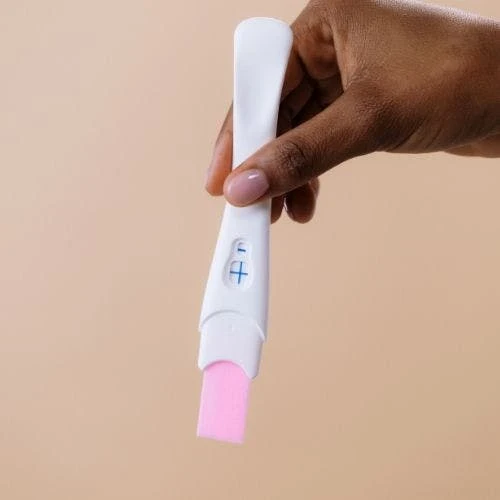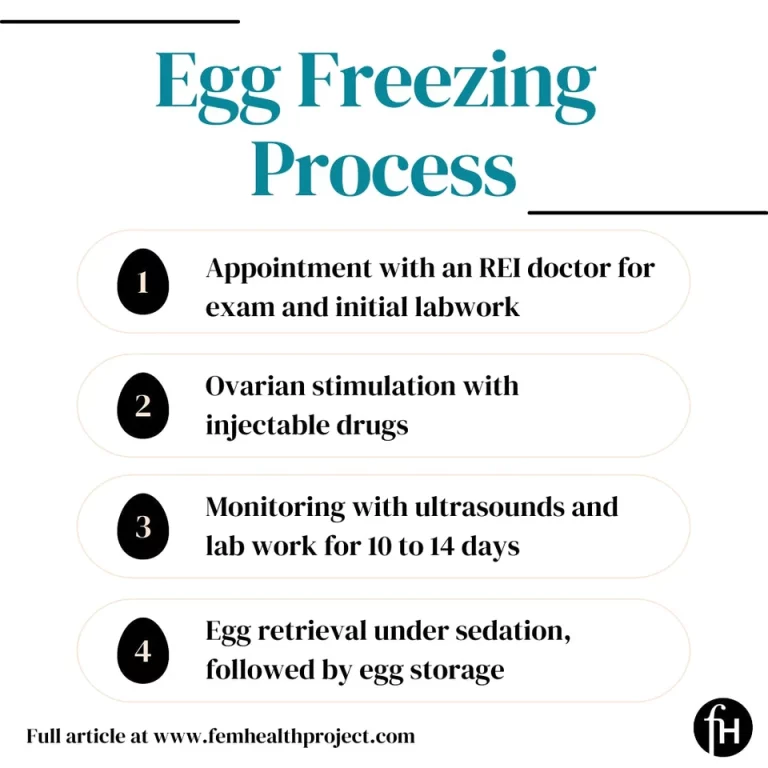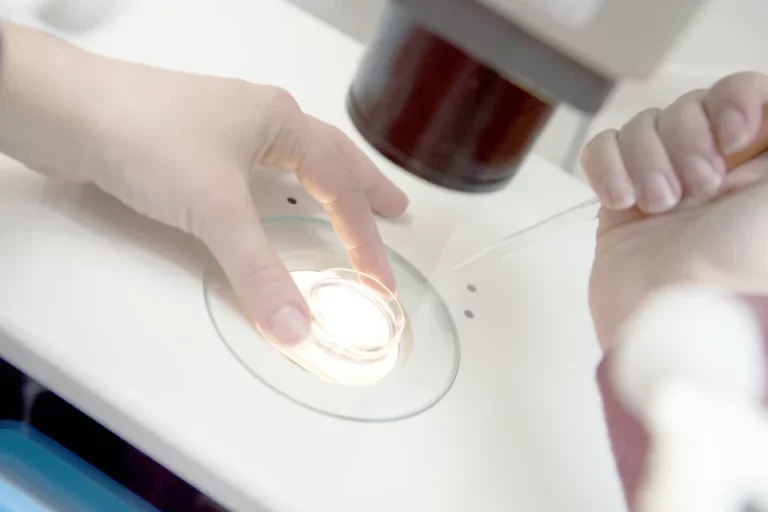5 Questions to ask Fertility Doctor
Social media, the internet, and even friends and family may make pregnancy seem like a simple task. But for some, pregnancy doesn’t come so easily.
Approximately 12% of women between the ages of 15-44 have issues with their fertility. Males are the partner with an identifiable cause of infertility in about 8% of all heterosexual couples who are seeking help with having a child. (CDC.gov)
When do you have to visit a fertility specialist? How do you know what to expect? And what Questions to ask Fertility Doctor?
Fertility in women decreases with each year of life, with a more dramatic decline beginning at age 35. According to the ASRM, a healthy woman in her 20s or early 30s has a 25-30% chance of conception each month. By the age of 40, chances are 10% or less.
Experts suggest that if a woman is under 35, she should try to conceive for one year. If unsuccessful, it’s time to visit a fertility specialist. This recommendation changes with women who are over 35 – the window to try and conceive is 6 months before speaking with a specialist. A prospective parent should also visit a specialist if they have a history of miscarriages or a family genetic history that may impact pregnancy.
Trying for a baby can be a challenging experience if it doesn’t come as easily as the world makes it out to be. Visiting a specialist may seem like a stressful or daunting experience, but it doesn’t have to be negative.
We’ve compiled a list of the five questions you should ask on your first visit, so that you can feel empowered, in control, and confident about the path you’re about to take.
What habits can I alter myself to increase my chances of conception?
So many factors impact fertility. Some issues aren’t within a person’s control, such as anatomical abnormalities, endometriosis, genetics, and aging. Other contributing factors to fertility are more manageable by the person trying to get pregnant, like smoking, alcohol usage, weight gain or weight loss, emotional stress, caffeine intake, sleep, and nutrition. A fertility specialist may be able to recommend lifestyle changes that increase fertility. Be honest about your habits – it allows a specialist to get a big picture and details about your life and make the best recommendation for you.
A doctor may ask if you’ve tried certain methods to aid conception – timing sexual intercourse to fall within the right time in a menstrual cycle, basal temperature measurements, and monitoring ovulation.
What specific fertility tests would you suggest me/my partner undergo?
It takes two to create a baby – and tests should be run on both prospective parents to navigate the best treatment. A thorough medical history is the first step in recommending testing.
A fertility specialist will ask a wide range of questions: both partners’ medical histories, family histories, occupations (some are more high risk than others), previous sexual relationships, forms of birth control used in the past, smoking, alcohol and drug usage, any history of sexually transmitted diseases and more. Be honest! Once again, this gives the fertility specialist an idea about what direction to take testing and treatment, if they are needed.
Related: PGT Testing: What Is Preimplantation Genetic Testing In IVF?
Testing may include any of the following (or more):
- Ovulation testing: in order to carry a pregnancy, a person must have ovaries, fallopian tubes, and a uterus. A blockage or a deformity may cause issues in conceiving.
- Semen analysis: semen should be tested for the amount of sperm, the shape, and how well it is able to move. The quality of sperm is influential in getting pregnant.
- Blood tests: hormone levels should be tested in both partners to determine whether there is an issue.
- Hysterosonography: this is used to get an image of a person’s uterus and fallopian tubes to ensure that there is no blockage.
- Genetic testing: sometimes fertility can be linked to genetic tests – some combinations of DNA can lead to pregnancies that are not viable. A doctor may want to investigate further if a patient has a history of miscarriages.
- Hysteroscopy: a thin lighted device is inserted through the cervix to check a person’s uterus for abnormalities.
What are fertility treatment options?
Each treatment takes into account the health of the parents, their anatomy, their hormones, age, and whether the pregnancy will be viable. Sometimes one person needs treatment. Sometimes both do.
Some treatments include:
- Medications: these may provide hormones, aid with sperm production, induce ovulation or sustain a pregnancy. Treatments may come in the form of pills or injections.
- Surgery: this may be needed to correct any problems with sexual organs or clear any blockages.
- Intrauterine insemination (IUI): this treatment involves collecting healthy sperm from one partner and injecting it directly into the other partner’s uterus during ovulation.
- In vitro fertilization (IVF): another common method is to take healthy eggs from one partner, combine the egg and sperm in a laboratory to create embryos and place the healthy embryo into the uterus.
- Donor sperm/donor eggs: sometimes when eggs or sperm aren’t healthy enough to be used, a donor’s eggs or sperm can be used to aid in pregnancy.
Make sure to ask your doctor what the rate of success is for each procedure. Some treatments may be better for you than others, and success rates may vary.
What do fertility treatments cost?
Fertility treatments can be expensive, both emotionally and financially.
Insurance does not always cover fertility treatments. Unfortunately in the United States, many procedures are considered elective. Ask your doctor how much various procedures will cost, whether insurance will cover them, and how their payments are paid (installations or at one time).
Don’t forget to verify this with your insurance company after your appointment! Without insurance IVF can cost anywhere from $5,000 to $15,000 per cycle.
You may want to consider the success rate of each procedure as you evaluate the financial cost that these treatments may set you back. Talk to your doctor about what the best recommendation is and how your finances may tie into those options.
What does our process look like from here?
Going to a fertility doctor may be stressful, upsetting or uncertain. But going in informed, being honest about your health, and asking questions can soothe any nerves you may have about this sometimes-daunting process. Your doctor should be able to go over a plan with you so that you leave the appointment feeling content about how your future will look as you try to conceive.
We discuss products we think are useful to people. If you buy something through our links, we may earn a commission. Remember to check with your personal physician to see if a product recommended is right for you.








